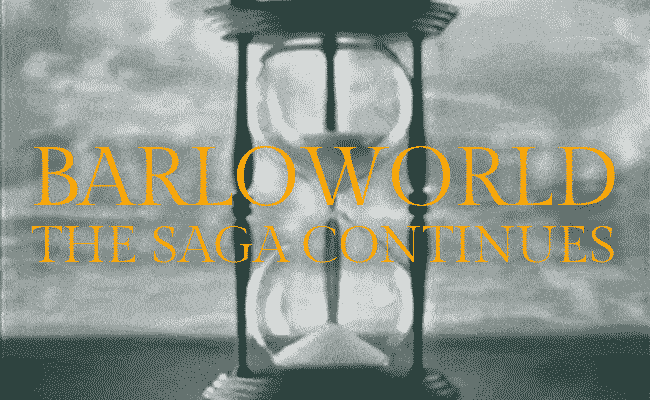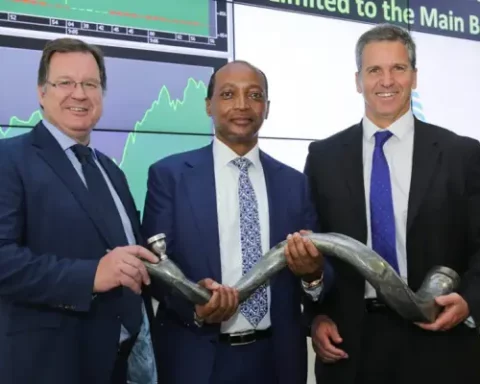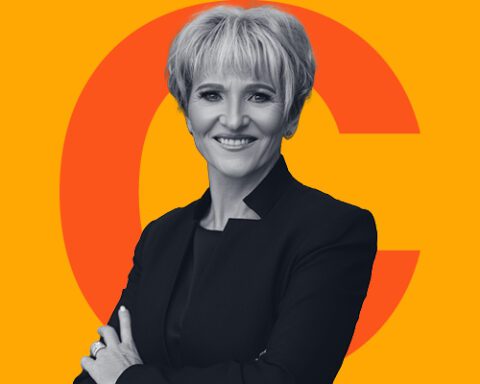Almost two-thirds of Barloworld shareholders – 63% – have rejected the R120 a share offer from a consortium led by CEO Dominic Sewela and the Saudia Arabia-based Zahid group.
The upshot of the resounding veto is that one of South Africa’s oldest industrial conglomerates will remain listed, for now. But the wholesale rejection of the consortium’s “scheme of arrangement” – all but 11% of shareholders entitled to vote rocked up to vote at the extraordinary general meeting – propels the once-venerable industrial giant into a period of uncertainty, as the consortium is prevented from making an improved offer for 12 months.
At one stage, it might have been possible for the consortium to up its game. Paragraph 7.9 of the offer circular issued to Barloworld shareholders in January stated the consortium was entitled to increase the standby offer. However, on 13 February the consortium issued a statement confirming that the R120 “is the full and final offer and will not be increased”. Which bumps into section 104 of the Takeover Regulations dealing with revisions of offers. Essentially if a ‘no increase statement’ has been made, then the offer cannot be increased.
The shareholders also voted overwhelmingly against paying the five directors who were appointed members of the independent board tasked with overseeing the offer process. The proposed fees for members of the independent board varied from R25,000 per meeting to R45,000 per meeting. Barloworld hasn’t disclosed how many meetings were held, but one shareholder, who is incensed that the same board and management is likely to remain in place for the next 12 months, tells Currency that there was no limit to how many meetings they might have held.
“These are the same five people who thought it was alright for Sewela to remain on as CEO while his consortium colleagues were putting together their proposal,” says the shareholder.
In a statement released after the meeting, the Barloworld board insisted it had done everything by the book and had adhered to all necessary governance protocols.
“In line with the boards’ statutory and fiduciary duties, the board sought legal advice and implemented strict governance measures, based on global transaction precedent and best practice, to ensure a thorough and unbiased evaluation of the offer in the best interests of the company and its shareholders. The independent board has duly discharged its duties in this regard,” said the Barloworld board.
It added that the independent board remains “committed” to ensuring that the standby offer strictly follows the regulatory process and is managed and governed transparently “in the best interests of all stakeholders”.
Just short of control
In a Sens announcement released after the historic shareholders’ meeting held on Wednesday morning, the consortium confirmed that “in the coming days” it would announce when its standby offer would be open. The standby offer is also pitched at R120.
If all 36.63% of shareholders who voted in support of the offer at Wednesday’s meeting agree to sell into the standby offer, the consortium will pick up an additional 44-million shares. Adding this to its existing 43.5-million holding will lift its stake to 87.5-million shares – equivalent to 46.1% of the group, which is just a few percentage points short of control.
Stacked against them is a block of shareholders with 76.8-million shares, equivalent to 40.5% of the group. Though neither entity has confirmed how they voted, it’s assumed both the state-owned Public Investment Corporation and UK-based Silchester International Investors represented around 70-million of this figure.
Silchester has said it won’t accept anything less than R130. Though, as one analyst notes, this might have to be nudged upwards if Silchester has to wait an additional year.
Yet shareholders who backed the scheme offer and who were prepared to accept the R120 look to be better off from the outcome. That’s because if the scheme offer had been successful, and the consortium had secured control of Barloworld, shareholders would probably have had to wait as much as year for payment for their shares. The delay? Securing approval of the competition authorities, which can take at least a year.
However, selling into a standby offer means shareholders will get immediate payment. And the risk of the competition authorities blocking the transaction will be carried by the consortium.
One competition lawyer tells Currency that given there is no overlap of business interests between Zahid and Barloworld it is very unlikely the deal would be blocked. “But there will probably be public interest issues that will have to be addressed with initiatives such as restrictions on retrenchments”.
It is also possible the competition authorities will insist that the consortium does not exercise control even if it does manage to take its stake above 50%. But as the disgruntled shareholder says: “Given that the board and executive management have to date been so pliant, that will hardly be a concern for the consortium.”
Sign up to Currency’s weekly newsletters to receive your own bulletin of weekday news and weekend treats. Register here.








